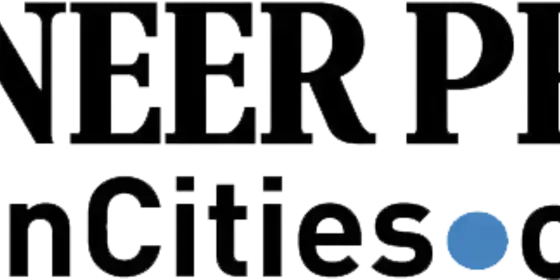On this scariest of days, we’d thought we’d share some of the eerier questions we get from our clients about their finances.
Are wolves going to visit my door? Will I run out of money?
Running out of money and not being able to live independently loom as two of our greatest fears. The answer depends on a number of factors, some of which are in your control, and some that are not. In your control are your ability to earn an income; your assets and liabilities; your current savings, investments and living expenses, and your health. What’s out of your direct control are the performance of the markets, interest rates, inflation, and tax policy.
To gain confidence in your financial future, you need to know whether your current assets, income and savings will be enough to support for retirement that could conceivably last 20, 30 or 40 years. Creating a financial plan, which pulls all of the aspects of your financial life into focus, is critical.
Chains in the attic: What if the unexpected happens?
Life is uncertain, and that’s why we need to plan for the unexpected. A job loss, new baby, sudden change in health, or a death or divorce can upend your financial life in many ways. We recommend setting up a six-month emergency fund to handle unexpected surprises (including home repairs, replacing a car, or major appliance). You also have to consider the risk of an untimely death or disability. You may need to consider some form of life insurance to take care of your family in these situations.
Stacking mummies in the pyramid: How should I plan for taxes on my income?
Taxes have an outsized effect on the actual return you will receive from your investments. Managing your current and future tax burden is a big part of retirement planning, as state and income taxes, property taxes and estate taxes may consume a big part of your nest egg. We recommend diversifying your investments by location:
- Taxable (such as a brokerage or bank account),
- Tax-deferred (such as your pension, 401k plan, or traditional IRA), and
- Tax-free (such as a Roth IRA, Roth 401k, and certain trusts).*
Tax diversification may help you optimize income no matter whether taxes are high or low.
Day of the dread: Will I even be able to retire at all?
Reflecting an increasingly pessimistic mood, 59% of Americans say they accept they will have to work longer, and 36% now believe they will never have enough money to be able to retire. But for those who act, the reality is brighter. The key to having a comfortable retirement lies in having a clear understanding of the financial resources you have and the demands on your assets that will come from the life you lead, both now and in the future. That’s why planning is so important – so you can be confident that your assets will support your essential needs, the lifestyle that you dream of having in retirement, and a nest egg that can used to fund any emergencies that may arise.
The opinions voiced in this material are for general information only and are not intended to provide specific advice or recommendations for any individual.
*A Roth IRA offers tax deferral on any earnings in the account. Qualified withdrawals of earnings from the account are tax-free. Withdrawals of earnings prior to age 59½ or prior to the account being opened for 5 years, whichever is later, may result in a 10% IRS penalty tax. Limitations and restrictions may apply.
Bruce Helmer and Peg Webb are financial advisers at Wealth Enhancement Group and co-hosts of “Your Money” on KLKS 100.1 FM on Sunday mornings. Email Bruce and Peg at yourmoney@wealthenhancement.com. Securities offered through LPL Financial, member FINRA/SIPC. Advisory services offered through Wealth Enhancement Advisory Services, LLC, a registered investment advisor. Wealth Enhancement Group and Wealth Enhancement Advisory Services are separate entities from LPL Financial.



